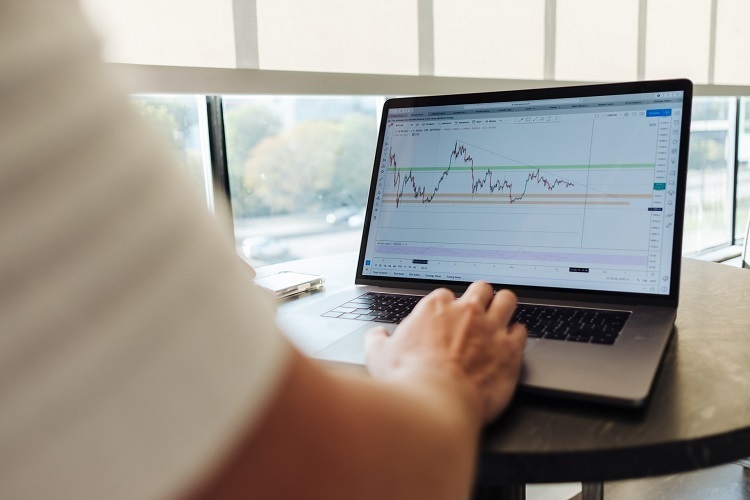Why British Traders Profit From Futures Trading
Most traders are familiar with the saying ‘buy low and sell high’. However, few realise that this is not only a sound trading strategy but also one that can be profitable no matter which country you reside in. In this article, we will explore how British traders can benefit from trading futures contracts, and we will also discuss some of the risks and rewards of this type of investment. Finally, we will provide a few tips for those looking to get started in futures trading. So, without further ado, let’s get started.
Table of Contents
What are futures contracts?
A futures contract is an agreement between two parties to buy or sell an asset at a predetermined price and date. The asset can be anything from commodities (for example, Gold, Oil, and Natural Gases) to stocks or currencies. Futures contracts are traded worldwide and used by traders to speculate on the future direction of prices.
If a trader believes that the price of gold will rise in the future, they may buy a gold futures contract. If the price of gold does indeed rise, then the trader will make a profit. Conversely, if the price falls, the trader will incur a loss.
The benefits of trading futures for British investors
One of the key benefits of trading futures contracts is that they offer the high leverage. It means traders can control a large amount of the underlying asset with a relatively small amount of capital. For example, most futures contracts are traded with a 10-20% margin. If you wanted to buy one gold futures contract (each contract is worth 100 troy ounces of gold), you would only need to have £1,000-£2,000 in your account. In other words, you would be controlling £10,000-£20,000 worth of gold with just £1,000-£2,000.
This high degree of leverage can lead to significant profits (or losses) being made in a short space of time. It also means that traders can use strategies that may not be possible with other types of investments. A trader may wish to buy a futures contract and then place a stop-loss order at a level where they would no longer make a profit if the price fell any further, and this is not possible with most other types of investments.
Another benefit of trading futures is that they are very liquid, which means it is easy to buy and sell contracts as there is always someone willing to take the other side of the trade. Futures contracts also have low transaction costs when compared to other types of investments.
How can you get started with futures trading if you’re UK-based?
If you’re based in the UK and interested in getting started with futures trading, there are a few things you need to do. Firstly, you will need to find a broker that offers access to the futures market. You can do this by searching online or speaking to other traders. Once you have found a broker, you must open an account and deposit some funds.
Once your account is funded, you will be able to start trading. It’s important to remember that, like any other type of investment, there is a risk of losses incurred when trading futures contracts. Therefore, ensuring that you only risk money you can afford to lose is vital.
It is also worth noting that many brokers offer demo accounts. These allow you to trade with virtual money and get a feel for the market before risking any natural capital.
The risks associated with futures trading
The main risk associated with futures trading is the possibility of losses. As we have already mentioned, due to the high degree of leverage, even small movements in price can lead to significant losses (or profits). It is therefore vital to remember that you should only risk money you can afford to lose.
Another risk is that counterparty risk. It is the risk that the other party to the contract will not fulfil their obligations. For example, if you buy a gold futures contract from a broker and the price rises, the broker may not have enough gold to deliver to you when the contract expires. Choosing a reputable broker when starting in futures trading is vital.
Finally, the last risk to be aware of is basis risk. The risk is that the price you pay for the underlying asset (in this case, gold) will differ from the futures contract price.

